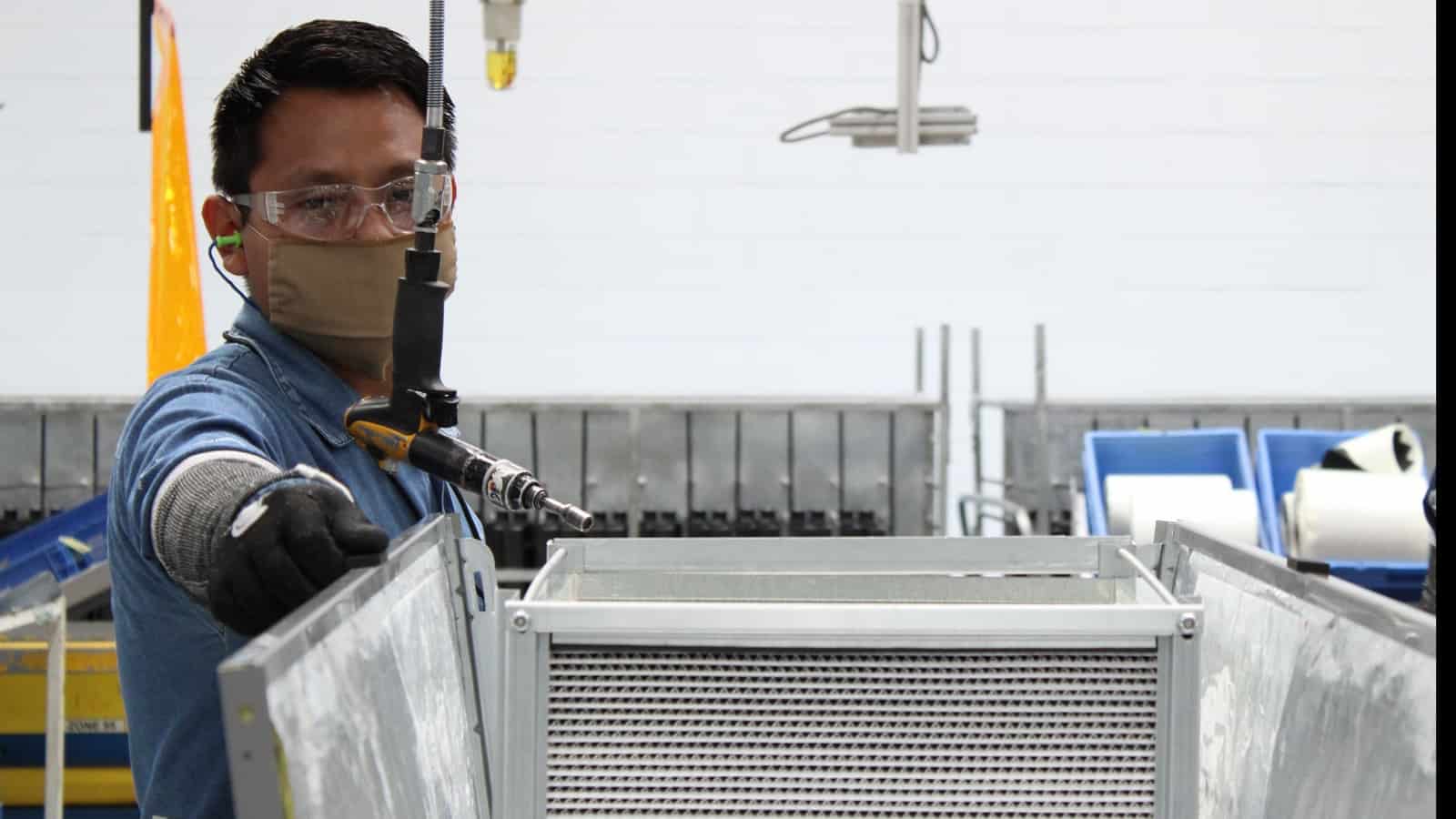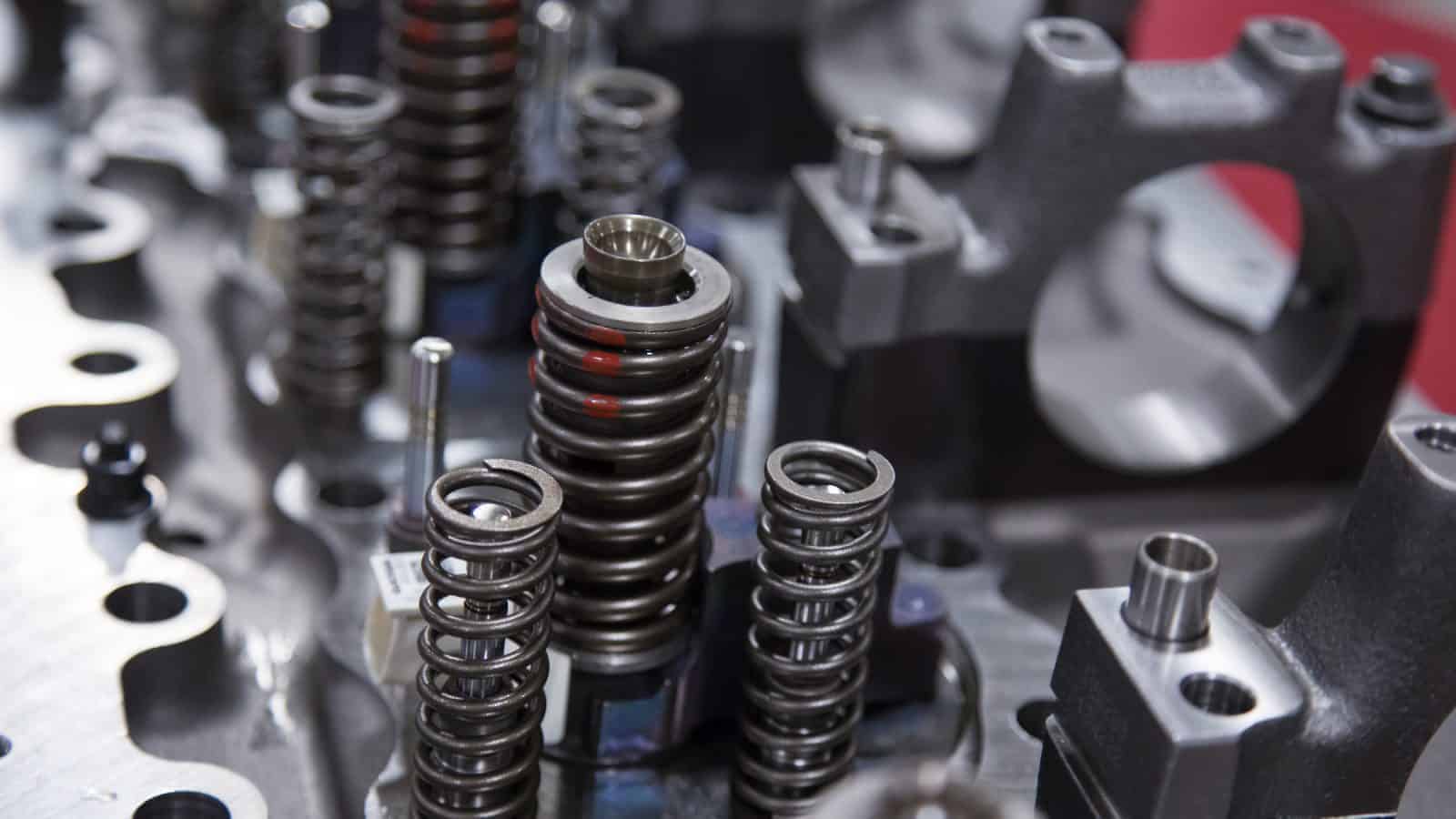Should We Be More Worried about Airborne Transmission of COVID-19?

Are we paying enough attention to the cleanliness of indoor air? The Atlantic has a deep dive into the importance of ventilation, including what we know—and what we don’t—about how COVID-19 travels.
The rise of super-spreaders: As the article says, “The super-spreader–event triad seems to rely on three V’s: venue, ventilation and vocalization.” That means most events that tend to infect a large number of people occur in an indoor space—and especially one that isn’t well-ventilated—where people might talk or sing. One list of super-spreader events includes only a single event categorized as outdoor transmission—out of more than 1,200 events.
The article raises important questions—such as whether reopening schools safely requires the installation of air filtration systems and whether we should be looking at indoor and outdoor transmission as different problems to solve. Read the whole thing.
The manufacturing angle: NAM.org recently profiled Carrier Global Corporation, a Florida manufacturer of heating, ventilation and air conditioning systems, which created a portable air-cleaning device that can convert normal hospital rooms into air isolation rooms. The company also hopes its OptiClean devices will be used in homes, businesses and other facilities in need of safer air.
Others in the market: In addition to Carrier Global Corporation, Trane Technologies plc and Honeywell International Inc. are, according to a recent report in Bloomberg, “offering everything from air-monitoring sensors to portable filter machines to help make up for deficiencies in ventilation.”
